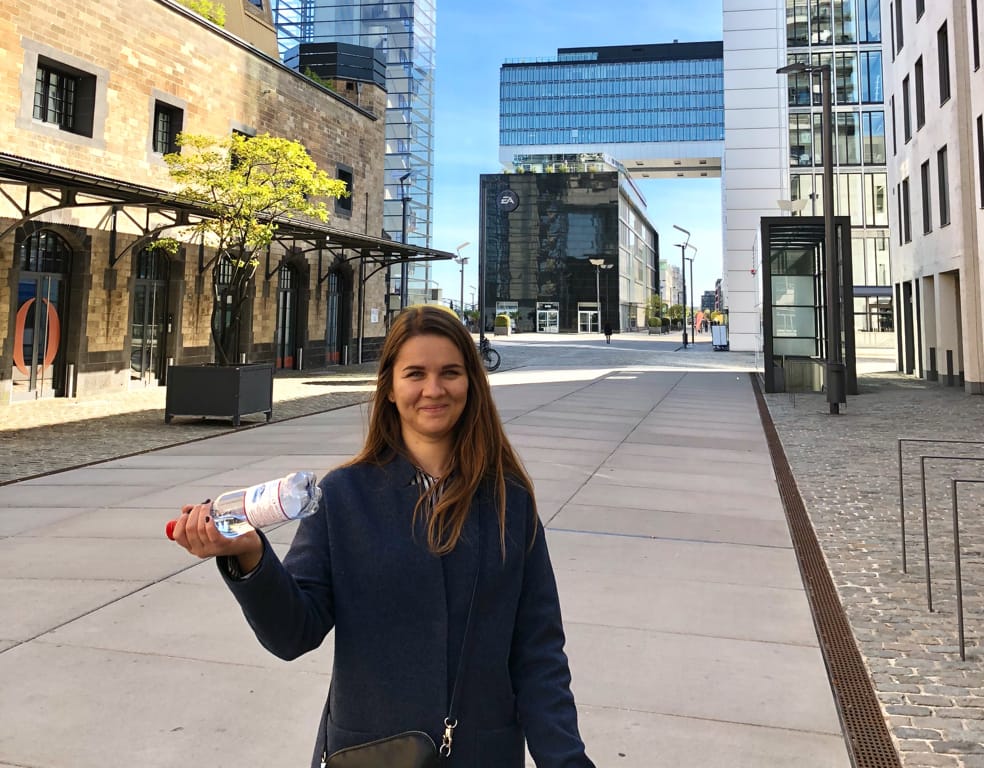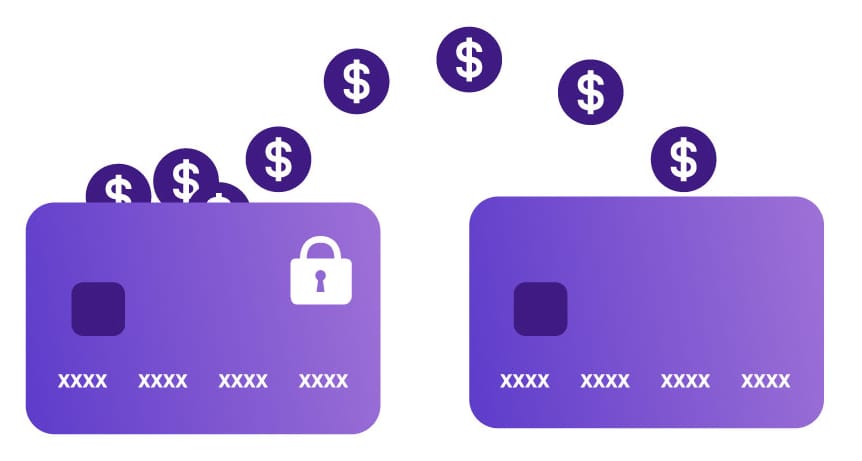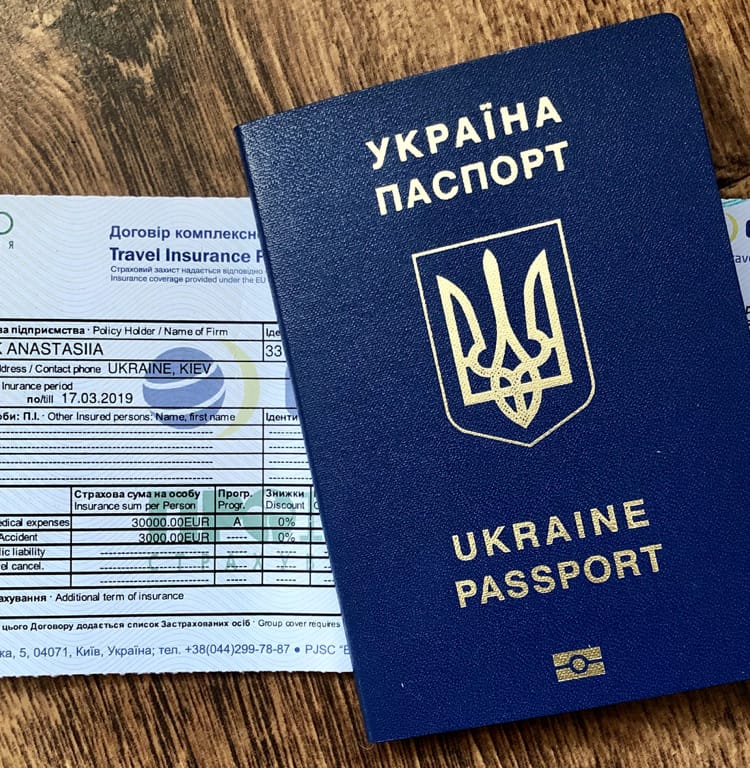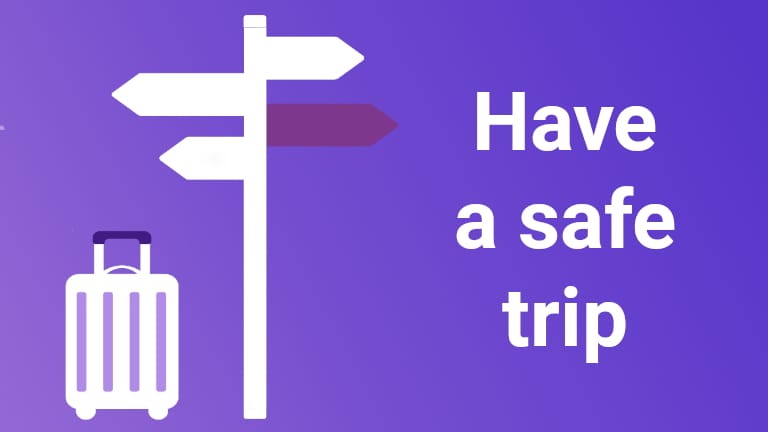Using the services of travel agents is a convenient and safe option. But it’s not always an affordable and interesting choice. With paid tours, every hour is busy, and tourists have tight limits. It’s more enjoyable to make your own decisions on when to get up, where to dine, and what sights to visit.
That makes self-planned trips so attractive. There’s nothing to worry about if you plan everything in advance. You need to know a few advanced tips on how to Have a Safe Trip.
Table of Contents
Think about safety at the planning stage
- Country. Use a search engine, find the “News” section, and type in the place you want to visit. Make sure that the situation in the chosen country is good and the weather is nice. No one wants to be in Paris during the strike of employees or migrants.
- Transport. Don’t use the services of companies with a bad reputation, even if their prices are attractive.
- Hotel. When choosing a hotel, check not only its prices and conditions but also its location. In many cities, budget hotels are in
suburbs . It’s not always safe there both in the evening and during the day.
What to eat on a trip
1) Decide where you will eat in advance
You can eat street food or unusual food combinations in your home town. During a trip, choose fresh food products that you’re familiar with. Stay away from experiments.
After booking a hotel, find nearby cafes and restaurants. Read their reviews. Choose the places attended by locals.
2) Be careful with local cuisines
Travelers like trying something exotic or unusual in other countries. It’s natural, but you shouldn’t overdo that. Choose meals with familiar ingredients. Do you want to try something unusual? Make sure that you don’t have any individual food intolerance to specific ingredients.

3) Keep your food fresh.
You’re quite likely to buy groceries in local supermarkets or markets, not only dining in cafes or restaurants. Make sure there’s a fridge in your hotel room or apartment. Otherwise, buy only one meal at a time and don’t choose perishable food.
4) Drink bottled water
In some countries, tap water isn’t good for drinking. In others, it’s clean and filtered. You should always drink only bottled water.

Where to keep your money and documents while traveling
Bottom-feeders are even in the most prosperous cities. Hide your money and documents in a safe place. For example, you can use a special traveler belt. It’s possible to rent a safe for a small fee in many hotels.
Don’t carry a lot of cash with you. Use bank cards in developed countries. Get a separate card that you will use only abroad. You can set the region of use and limits on transactions through online banking.
Hold cards in your hands and close a section with the number and the name not to let scammer get your banking data. Don’t give your cards to waiters and sellers.
Lifehack: Get two bank cards for traveling. Keep all the money on one card, but don’t use it for payments and never show it to anyone. Use the second card to transfer small amounts from the first one. Carry it with you to pay in shops and restaurants.
Get two bank cards for traveling. Keep all the money on one card, but pay with the second card and top it up from the first one.

How to communicate with locals
In many countries, locals are open to communication and easy to contact. Even very welcoming and friendly people may turn out to be completely different. Stay away from someone who approaches you on the street.

Try not to share a lot of personal information. For example, you can tell
Ignorance of the law is no excuse
Before going to a foreign country, learn the ins and outs of local laws. Some cities have their unique prohibitions. For example, it’s forbidden to feed pigeons in Venice. It’s not allowed to take pictures of police officers on duty in Paris.
Of course, you don’t have to read the constitution of your chosen country. Learning the main prohibitions is always a smart idea.
What to do in case of force majeure
Force majeure situations always happen when you least expect them. Find the phone numbers of emergency services and embassies before your trip. Make sure that you have them in your smartphone. Write them down on paper and carry it with you everywhere. Just in case, write down your hotel and its address on the same paper.
What if you don’t speak English or local language? What if locals don’t speak English? Use Google Translate in this case. Download the languages you need in advance and use the app even offline. Use sign language as your last resort. It’s hard to believe, but this method works.
Do not forget about travel insurance
Health insurance is not on the list of the necessary border-crossing documents. Spending some money to feel safe in a trip is always a good idea. Choose reputable insurance companies. Don’t hesitate to overpay a bit to get quality medical help in case of emergency.

What to put in your first aid kit
Take the first-aid kit with you even if you want to travel light without overloading your luggage. It’s possible to buy medications in local pharmacies, but most of them are prescription drugs. Choose the drugs you’re familiar with to avoid allergies. Put the following in your first aid kit:
- Painkillers
- Sorbents
- Antiemetic agents
- Antidiarrheal agents
- Antiseptics
- Antiviral drugs

Make sure that you don’t take the drugs prohibited in the country where you will go. Read its customs rules to avoid that.
As you can see, it’s possible to plan a safe trip not only for experienced travelers but also for beginners. Subscribe to the blog to learn more about independent traveling and travel safely!

You saved me so much time thanks!